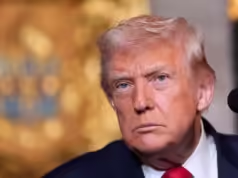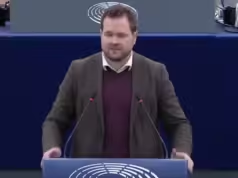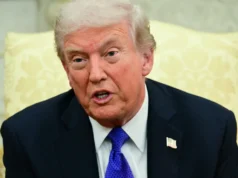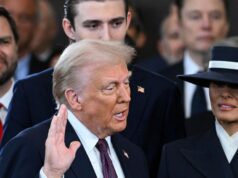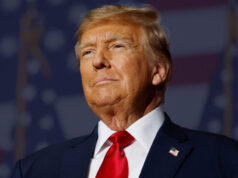According to Jaishankar, the member states must also acknowledge that the UN and its Security Council are frequently at a standstill and that multilateralism itself is seriously weakened.
In an attempt to promote plurilateralism, External Affairs Minister S Jaishankar made a covert jab at China by stating that coercion must not be allowed and that the global agenda must be limited to the interests of a select few.
“The member nations must also recognize that multilateralism itself lies deeply damaged and that the UN and its Security Council are often gridlocked,” Jaishankar said during the first G20 Foreign Ministers’ Meeting in Johannesburg.
Jaishankar made it clear that international law, particularly the 1982 United Nations Convention on the Law of the Sea (UNCLOS), must be upheld during the foreign ministers’ conference, which was convened in advance of the G20 Summit scheduled for Johannesburg on November 22–23 of this year.
“Agreements entered into must be observed and there must be no room for coercion,” Jaishankar said.
“The UNSC’s representation and working procedures need to alter; simply getting it back to work is insufficient. To address global deficits, more plurilateralism is needed. The act of international cooperation itself has to be less unilateral and opaque. Furthermore, the interests of a select few cannot be the only focus of the global agenda,” the external affairs minister continued.
Days prior to China’s involvement in Pakistan’s multinational AMAN-2025 naval exercise, which also included Indonesia, Italy, Japan, Malaysia, the United States, and observers from thirty-two other countries, Jaishankar made his comments.
China’s involvement in the naval drill complemented its Indian Ocean military buildup. Beijing claimed that its priorities were maritime security and anti-piracy, safeguarding important water lanes and foreign interests.
The exercise took place at the same time as India’s TROPEX exercise, a massive combat readiness test conducted by the Indian Navy. China’s “String of Pearls” policy, which entails forming allies and military installations throughout the region, continues to frighten India.
New Delhi is even more alarmed after reports surfaced that China sent two research vessels to the Indian Ocean last month.
Additionally, S. Jaishankar emphasized India’s dedication to preserving maritime security, especially in the Arabian Sea and the Gulf of Aden, where the Indian Navy has been instrumental. He emphasized the necessity of reestablishing regular marine trade, which has been hampered by geopolitical unrest.
“It is also crucial to provide marine security in and around this area. In the Gulf of Aden and Arabian Sea, Indian naval forces have played a role. “Restoring regular maritime trade is still a top priority,” he stated.
The external affairs minister also discussed other topics of regional and international relevance, such as the latest developments in the Russia-Ukraine war, the end of the Gaza war, and the hostage swap.
“We support humanitarian aid, denounce terrorism, support a two-state solution, and applaud the truce and hostage release in Gaza. It’s critical to uphold the ceasefire in Lebanon and guarantee an inclusive, Syrian-led, Syrian-owned solution. “The world as a whole depends on peace and stability in the region,” S. Jaishankar said.
“We have long supported communication and diplomacy in relation to the Ukraine situation. The world now anticipates that the parties involved will work together to put an end to the conflict,” he continued.
The current conflict in Ukraine may be greatly impacted by US President Donald Trump’s push for a peace agreement with Russia. There are questions about the potential agreement’s character, though, as it has been reported that European leaders and Ukrainian President Volodymyr Zelensky have been excluded from talks.
“National interest and geopolitics are genuine. However, the goal of diplomacy and organizations like the G-20 is to identify areas of agreement and establish a foundation for cooperation,” Jaishankar noted, adding that the member states may best do this by adhering to international law, upholding the UN Charter, and maintaining institutions.
“Differences shouldn’t turn into arguments, disagreements shouldn’t turn into confrontations, and confrontations shouldn’t result in a more serious breakdown. We should all consider the lessons learned during the past few years. Jaishankar added, “But equally, an experience to draw upon as we seek to lead the world to a better place.”
